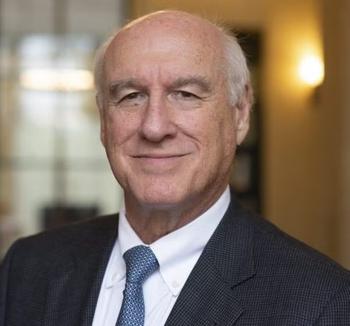
The Institute's Director Myron Cohen, MD, discusses the uniqueness of the institution and its ability to offer research and clinical opportunities globally as well as play a significant role in public health.

The Institute's Director Myron Cohen, MD, discusses the uniqueness of the institution and its ability to offer research and clinical opportunities globally as well as play a significant role in public health.
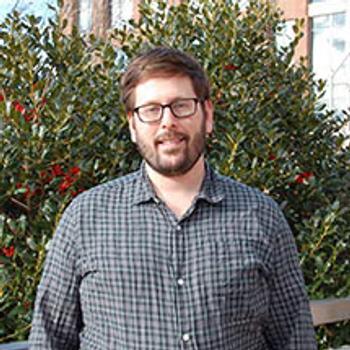
Christopher Sellers, MD, discusses its distinct program and diverse professional opportunities and provides some insights as to why many ID trainees stay at the University of North Carolina.
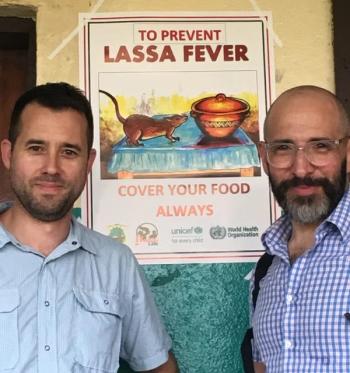
Leaders from the UNC Special Pathogens Response Center discuss how they plan and carry out biopreparedness trainings to address transport and care of patients with high-consequence infectious diseases, such as Ebola or Lassa fever.

UNC’s Benjamin Smith, MD, provides some insights into the logistics and steps behind these complicated and serious missions.
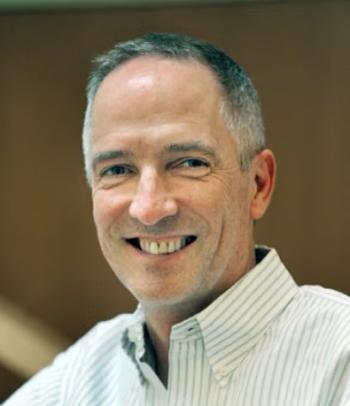
Joseph Eron, MD, provides insights on the unit's international reach as well as some of the important trials it has been involved in, notably the PURPOSE studies involving the landmark trials about lenacapavir for HIV prevention.
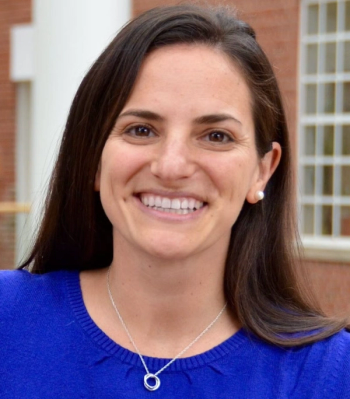
UNC’s Sarah Rutstein, MD, PhD, discusses her research uncovering the inability of some people to receive HIV prevention medication in both the US and Africa and strategies to address it.
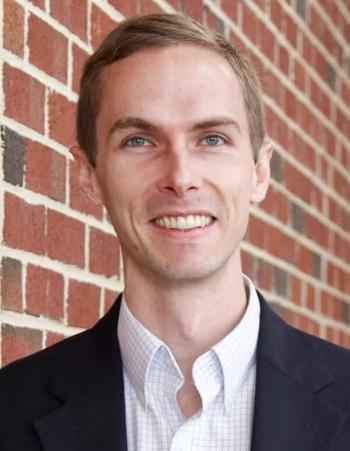
Jonathan Parr, MD, MPH, discusses his research about this deadly and burdensome disease and how he and his team identify these parasitic strains with a combination of epidemiologic field work and the latest laboratory technology.
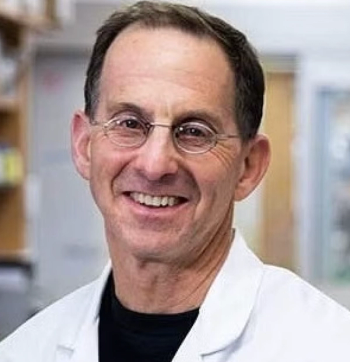
David Margolis, MD discusses his team’s work at UNC looking at combination treatment that includes the cancer drug, vorinostat, and immunotherapy as a potential HIV cure.
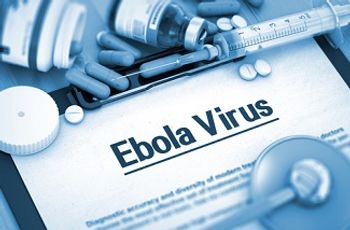
In the second interview segment with leaders from UNC's Special Pathogen Center, they discuss what it is like to be in the field during an outbreak caring for patients with high-consequence infectious diseases, and offer insights on how well prepared the US is for these situations.
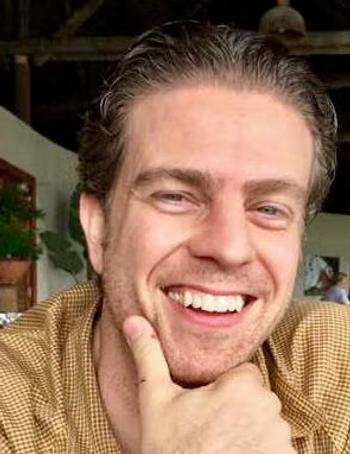
Michael Herce, MD, MPH, MSCR, discusses this concept and how it works to improve access to healthcare for populations who have been disproportionately burdened by various infectious diseases such as HIV, tuberculosis, and COVID-19.